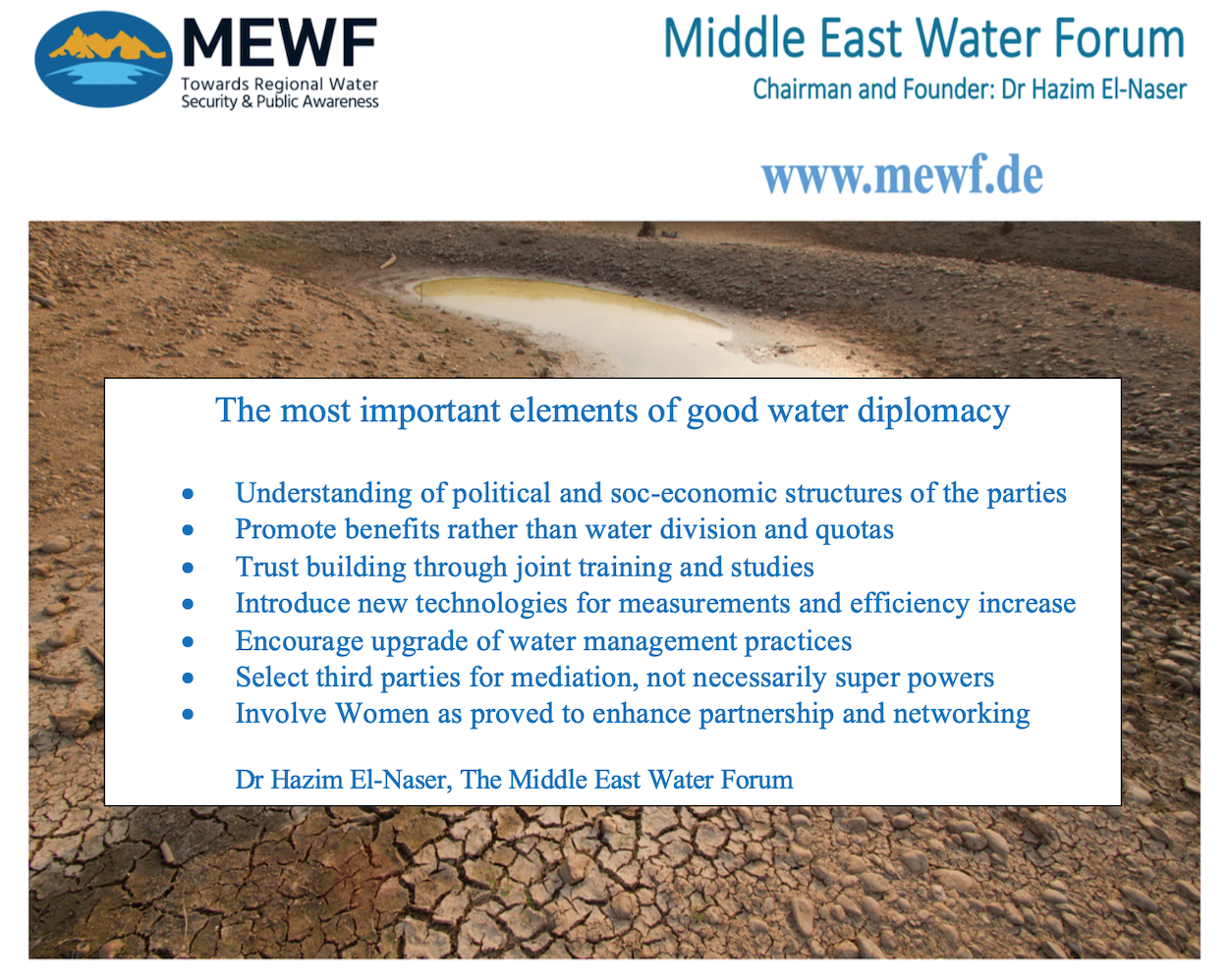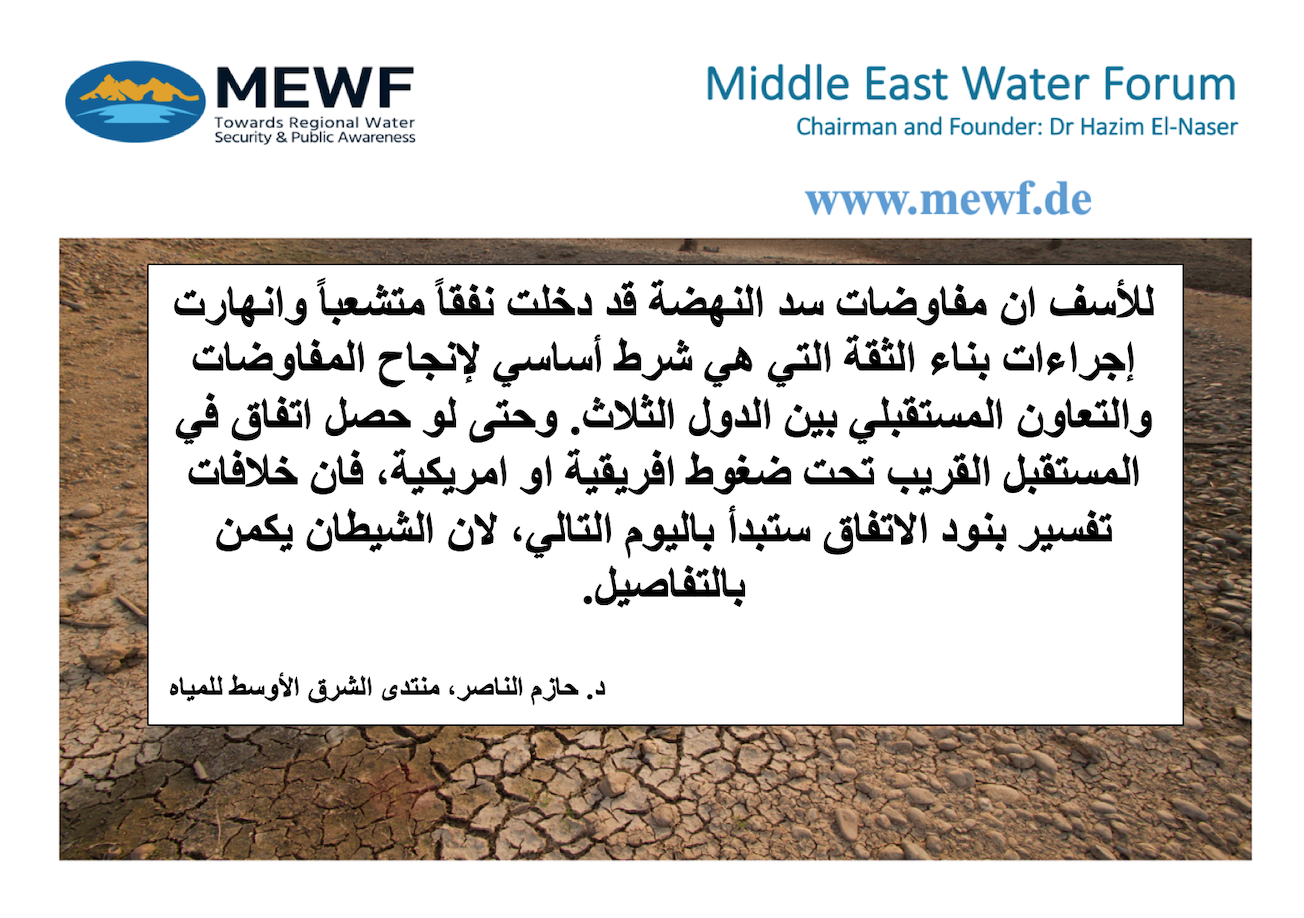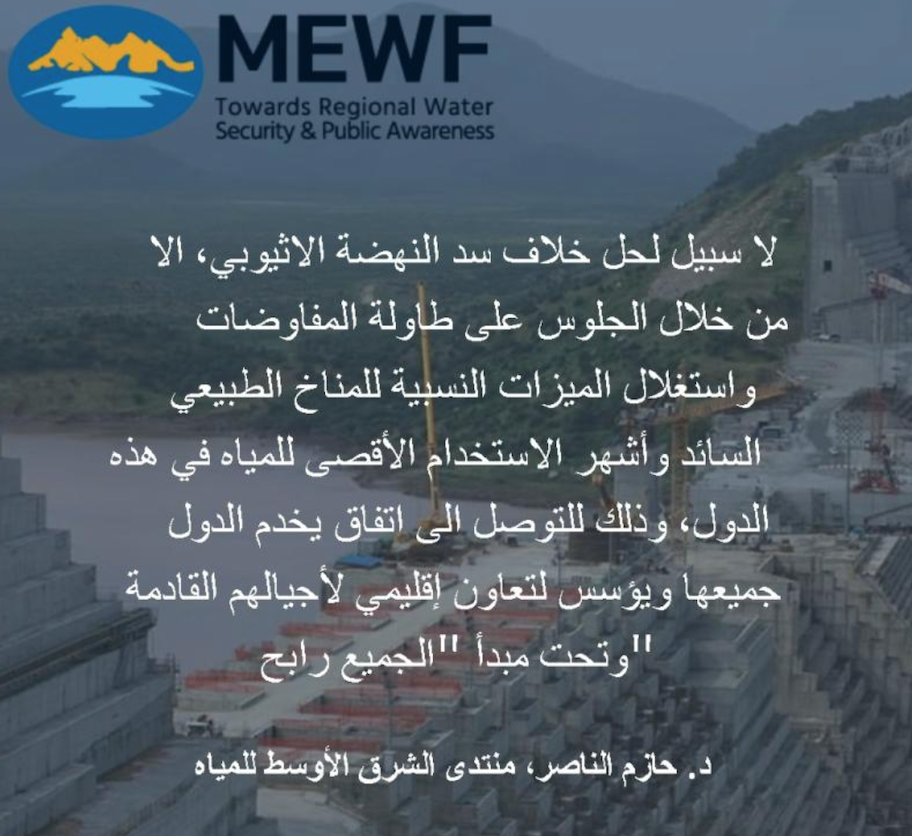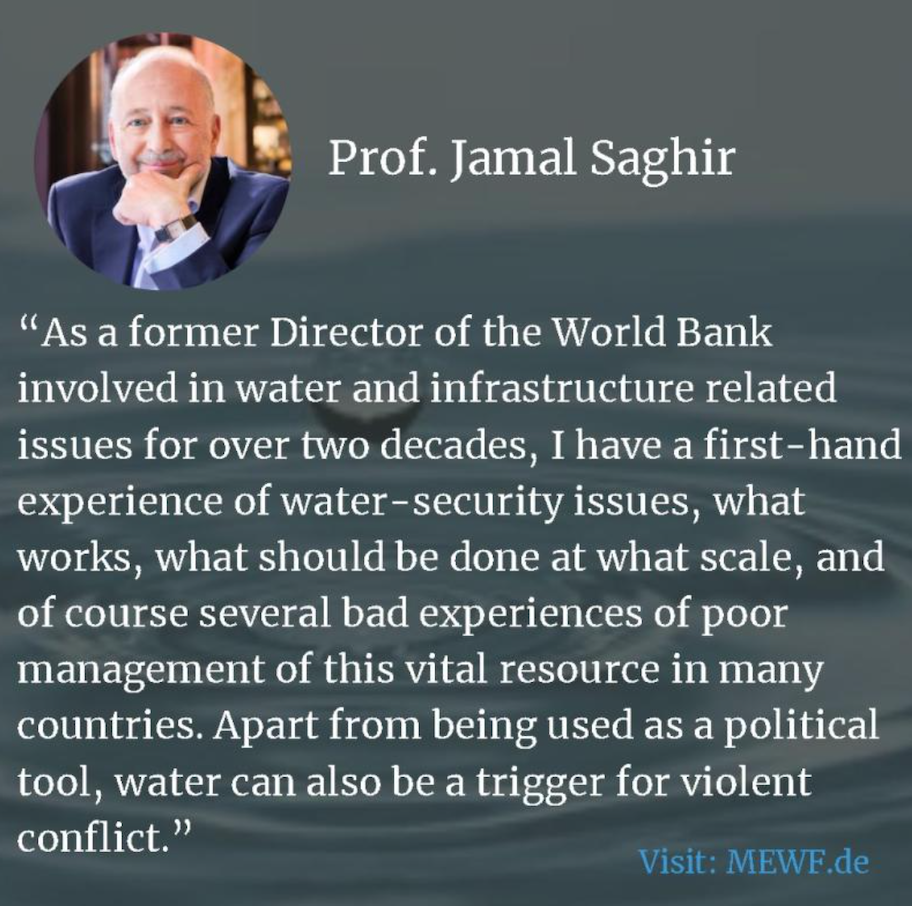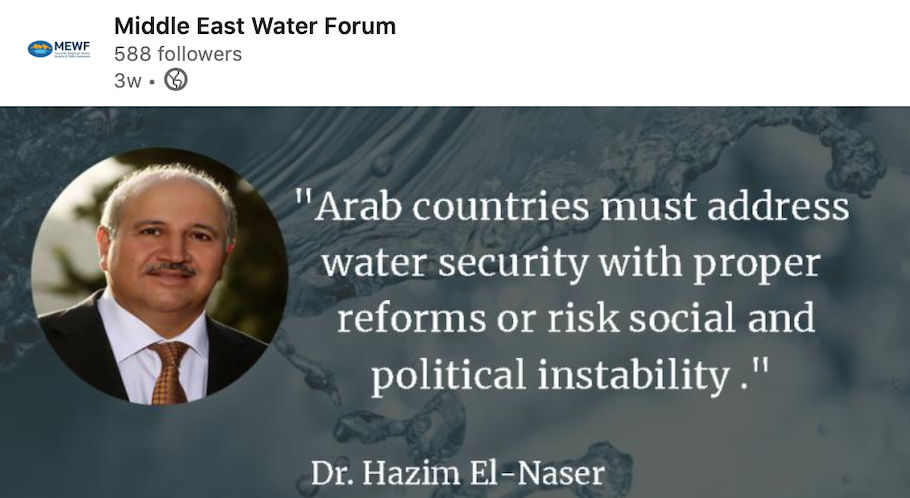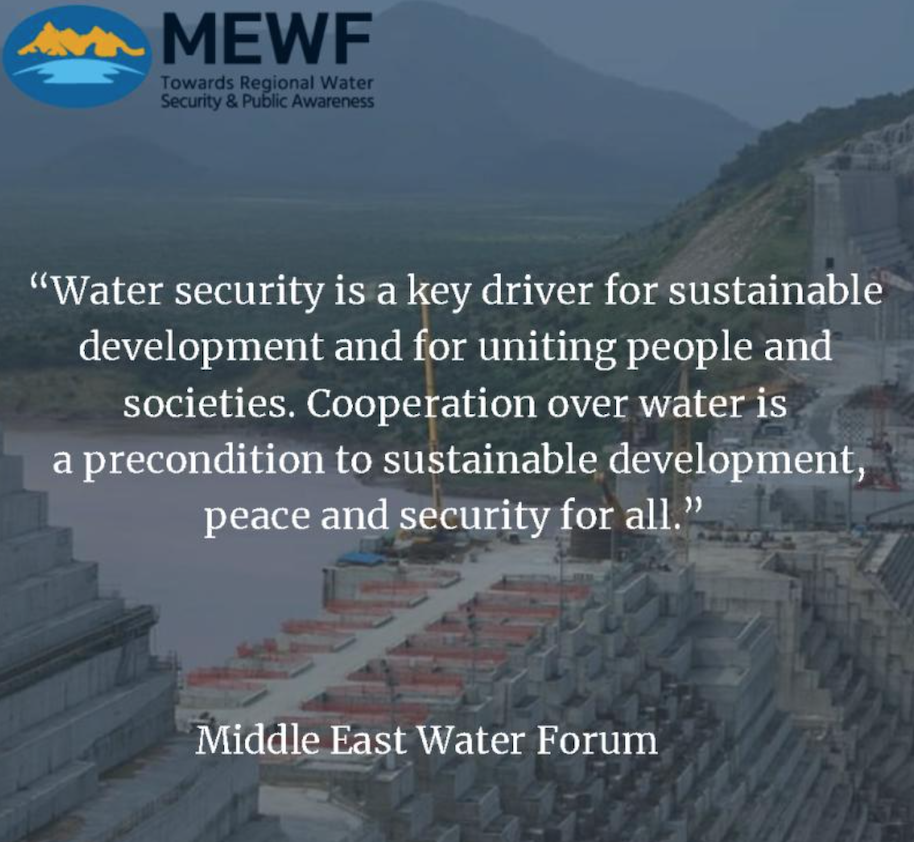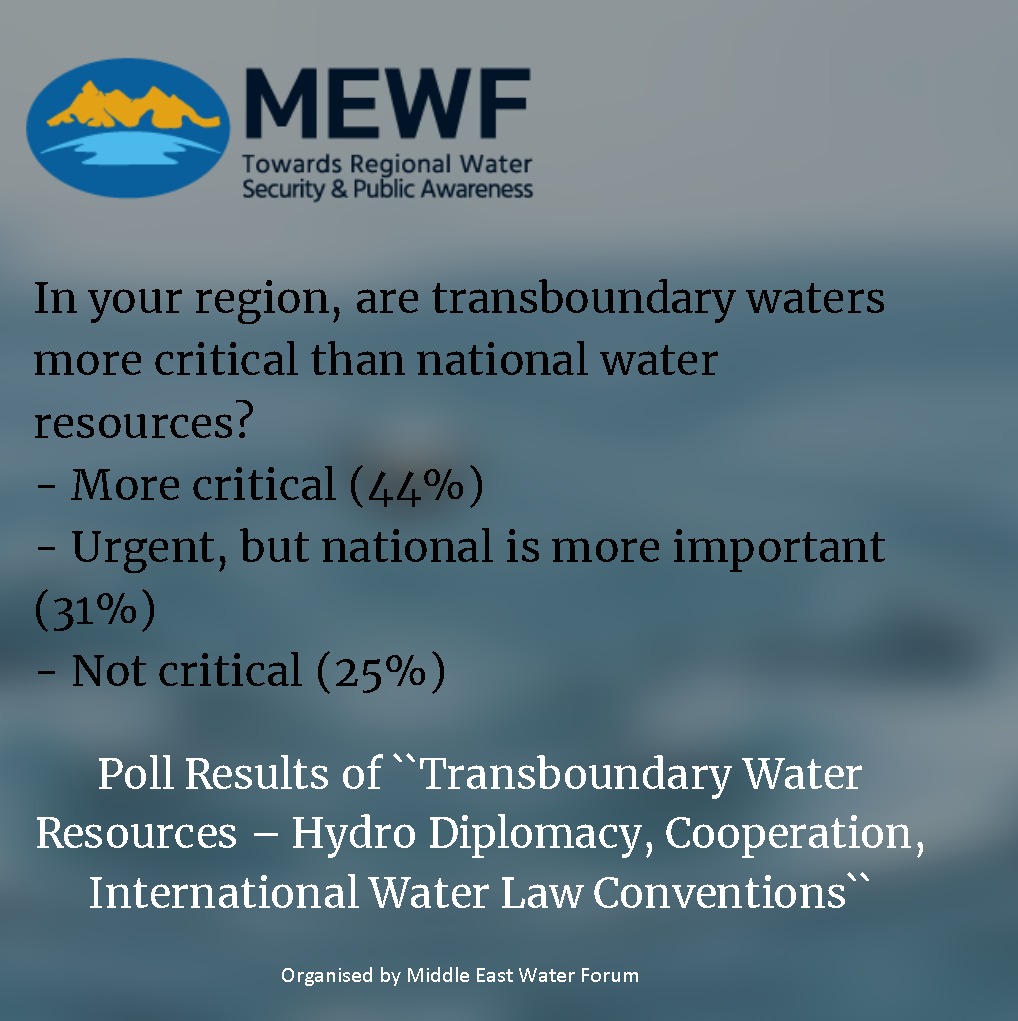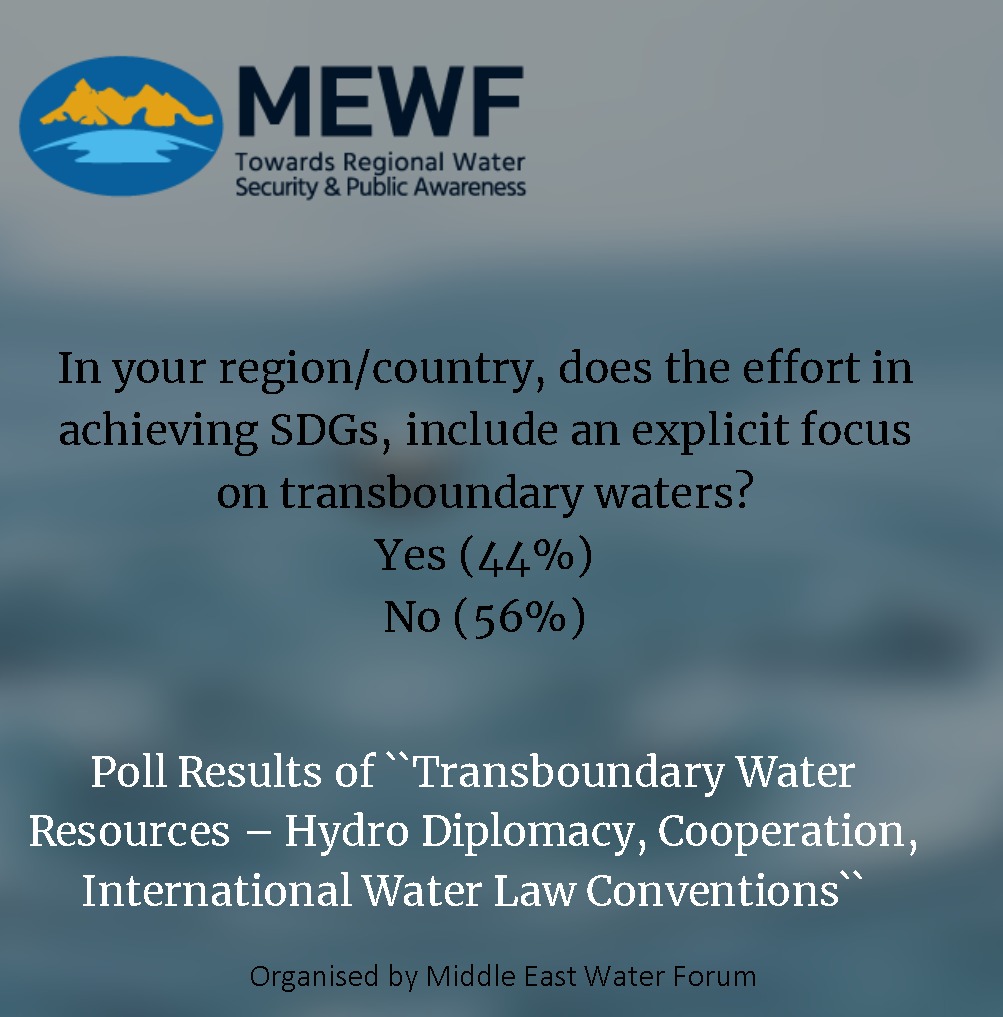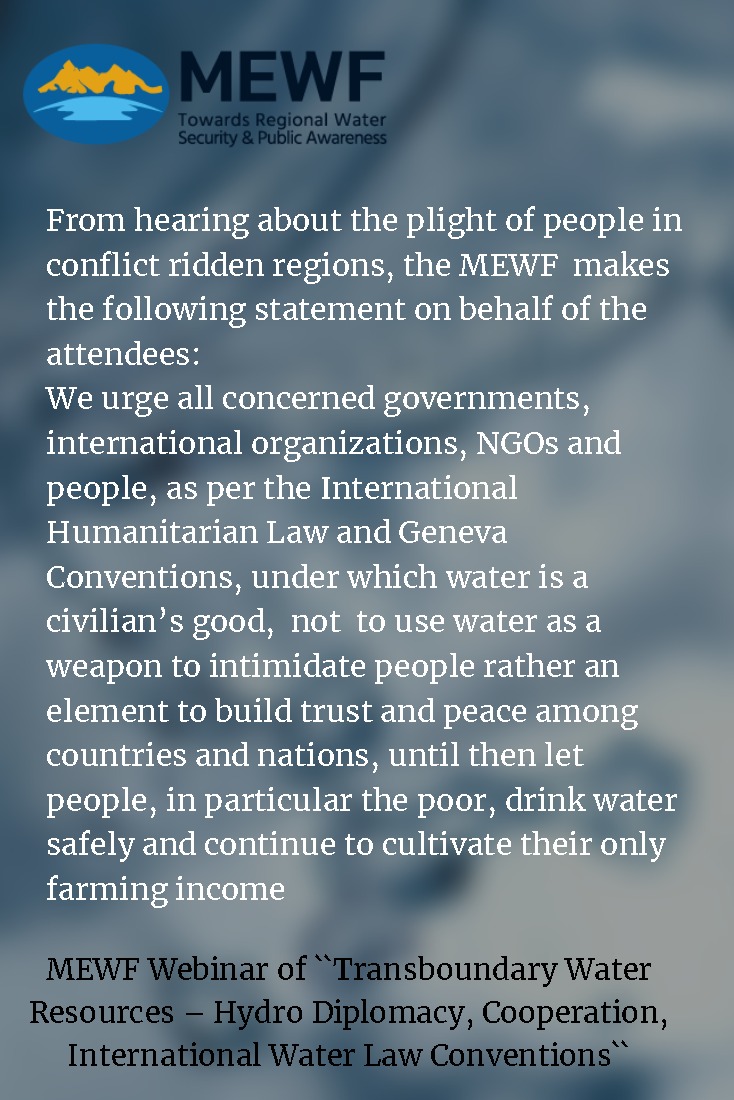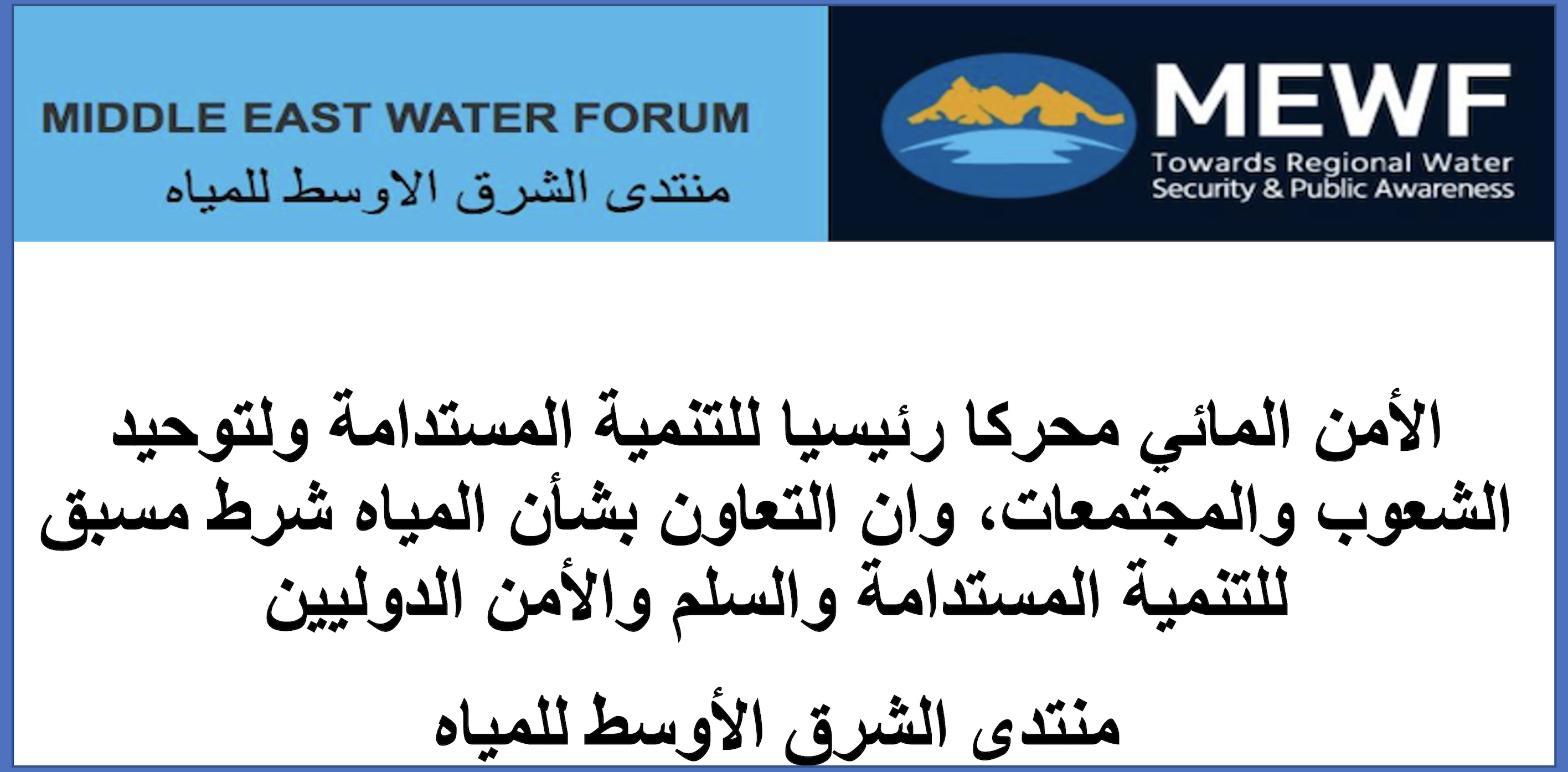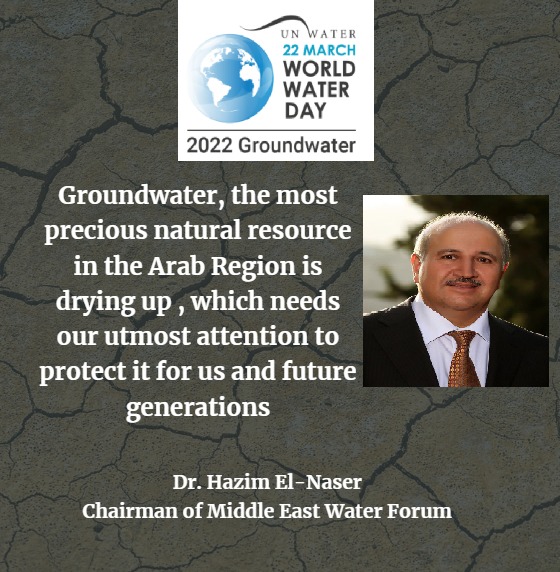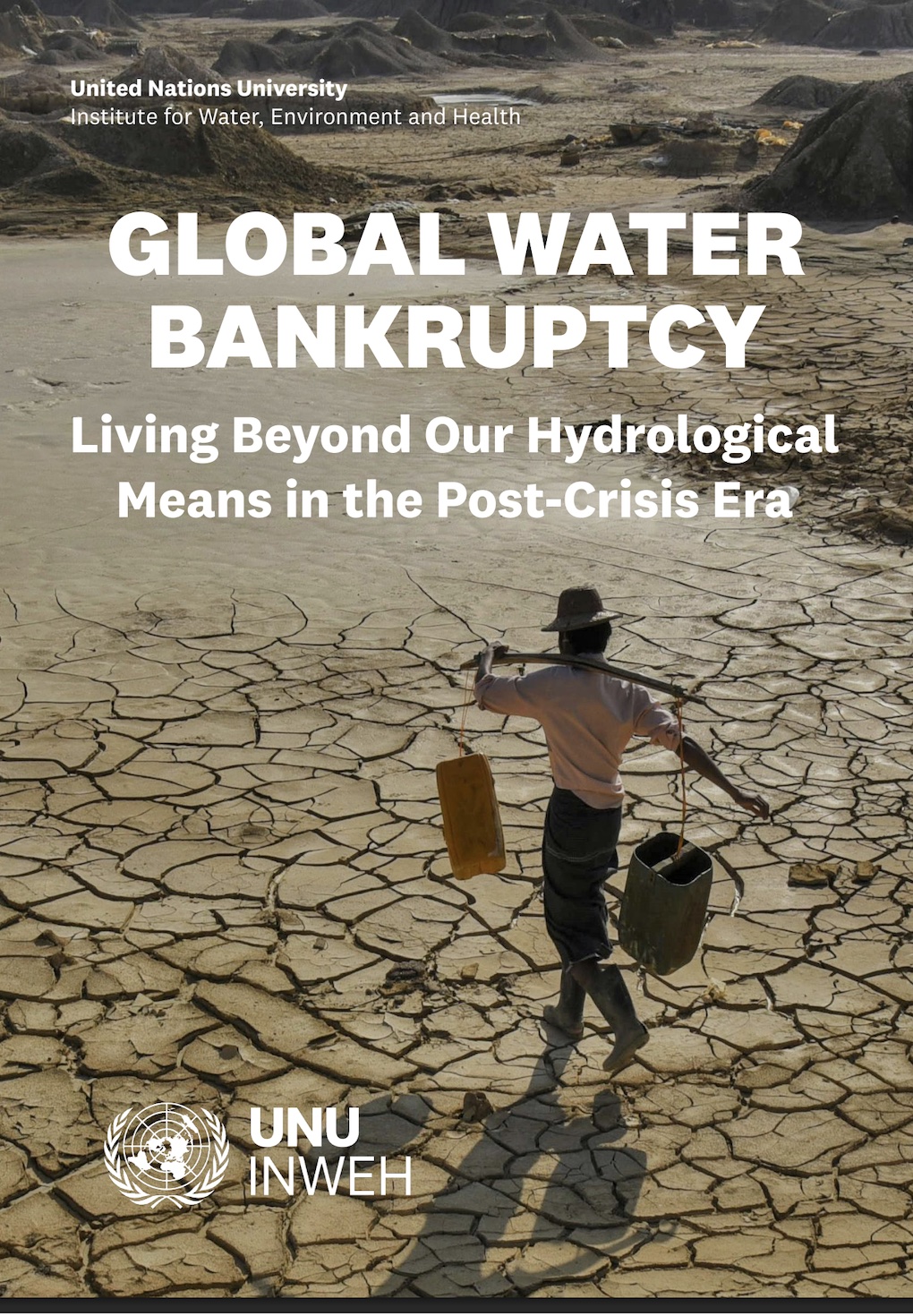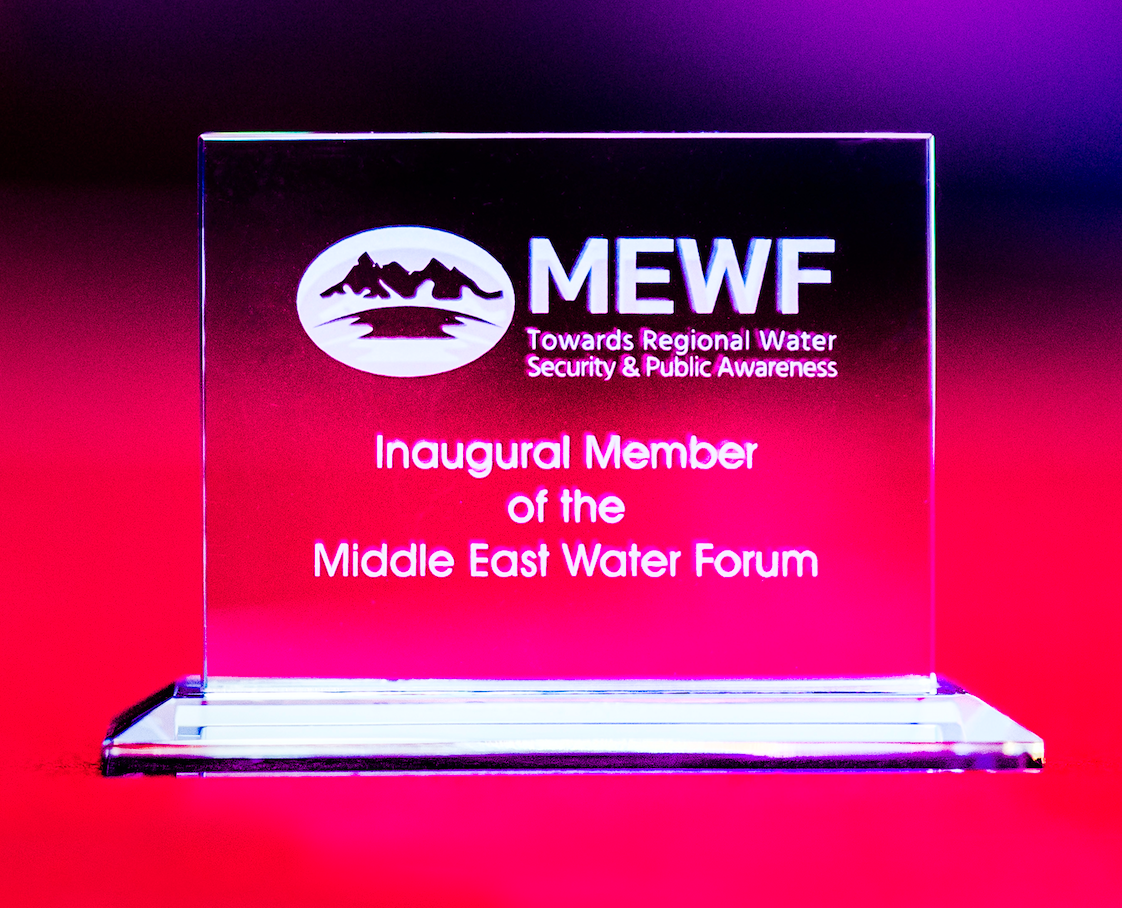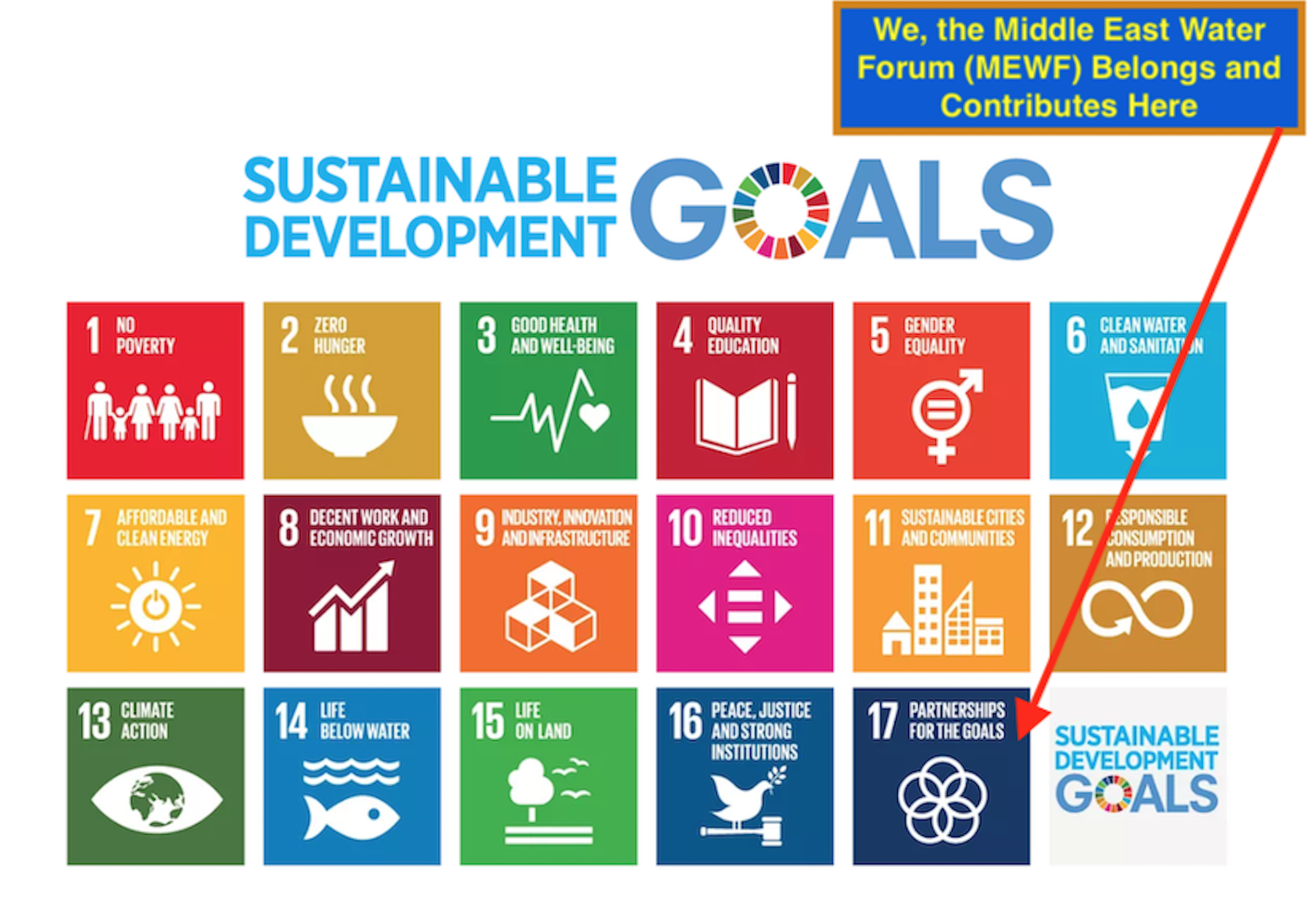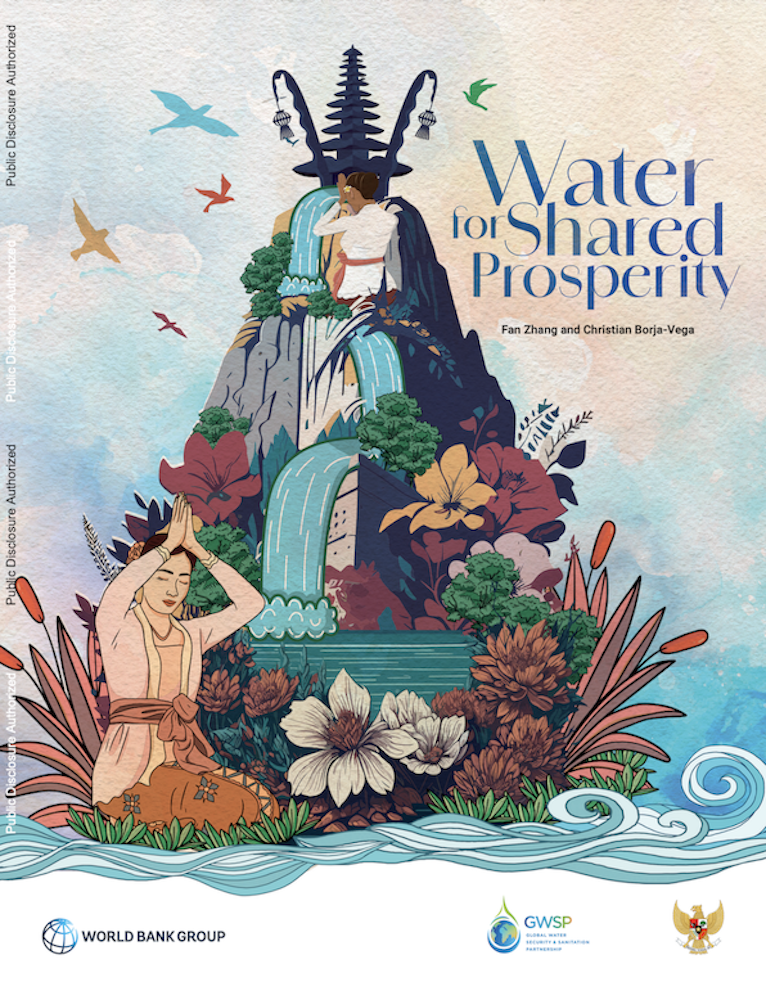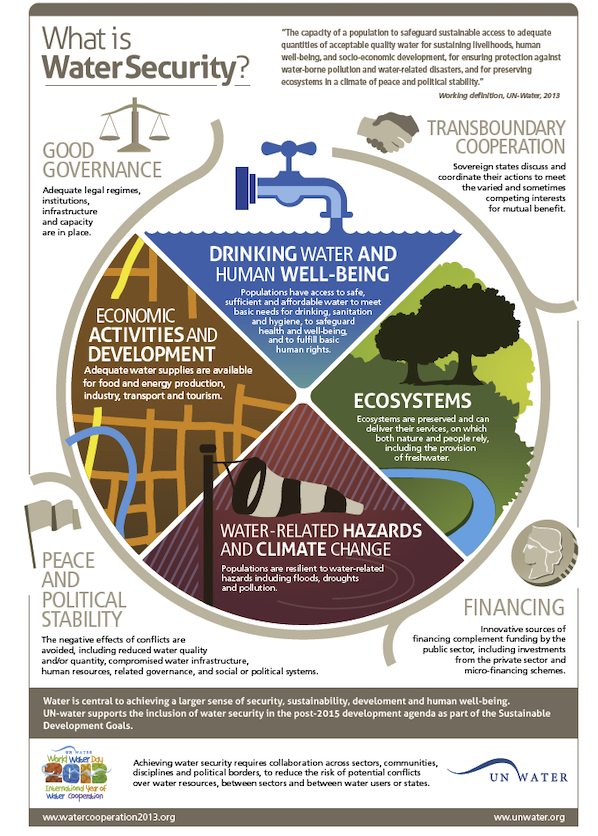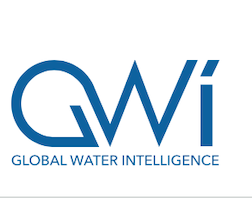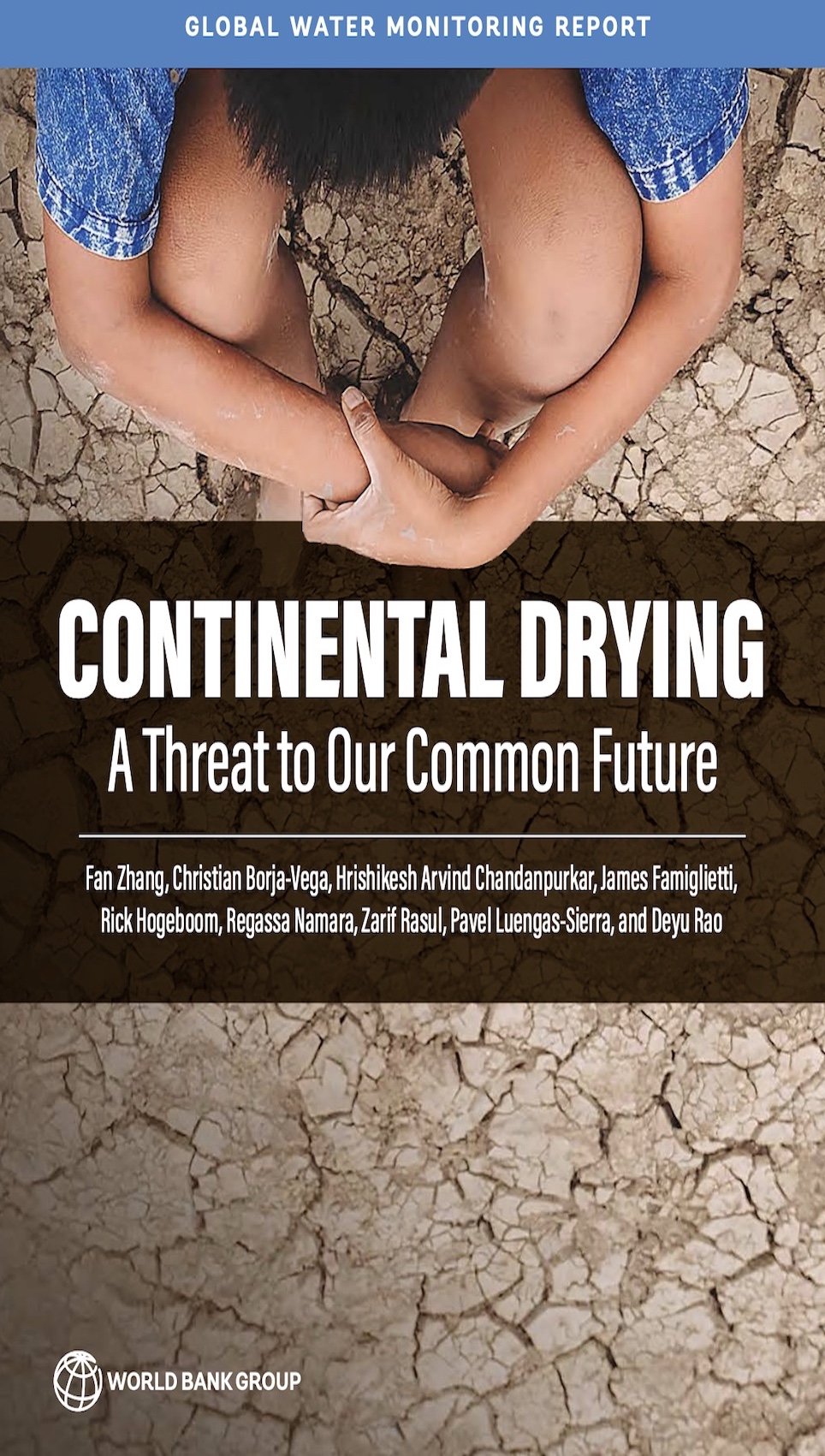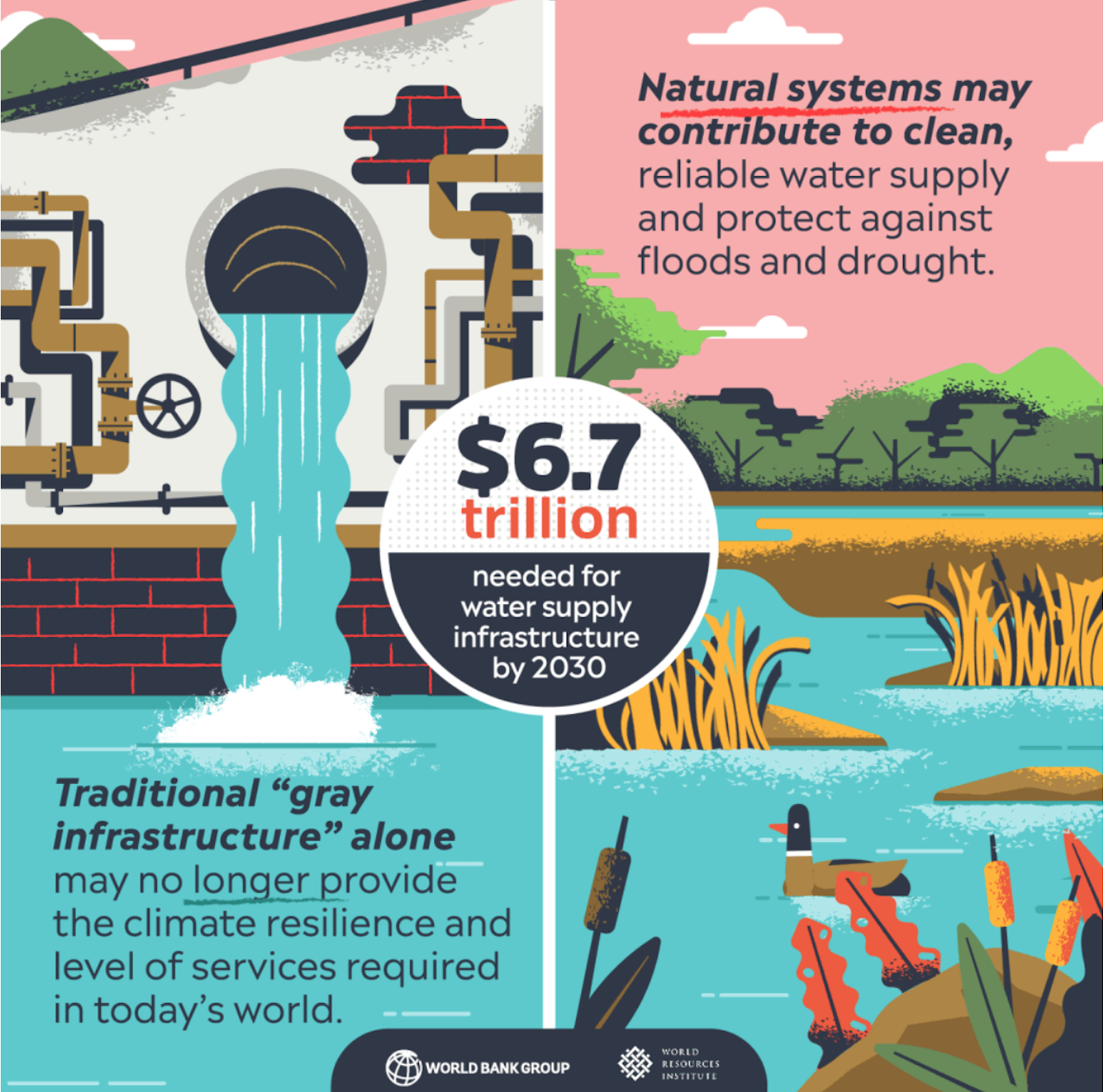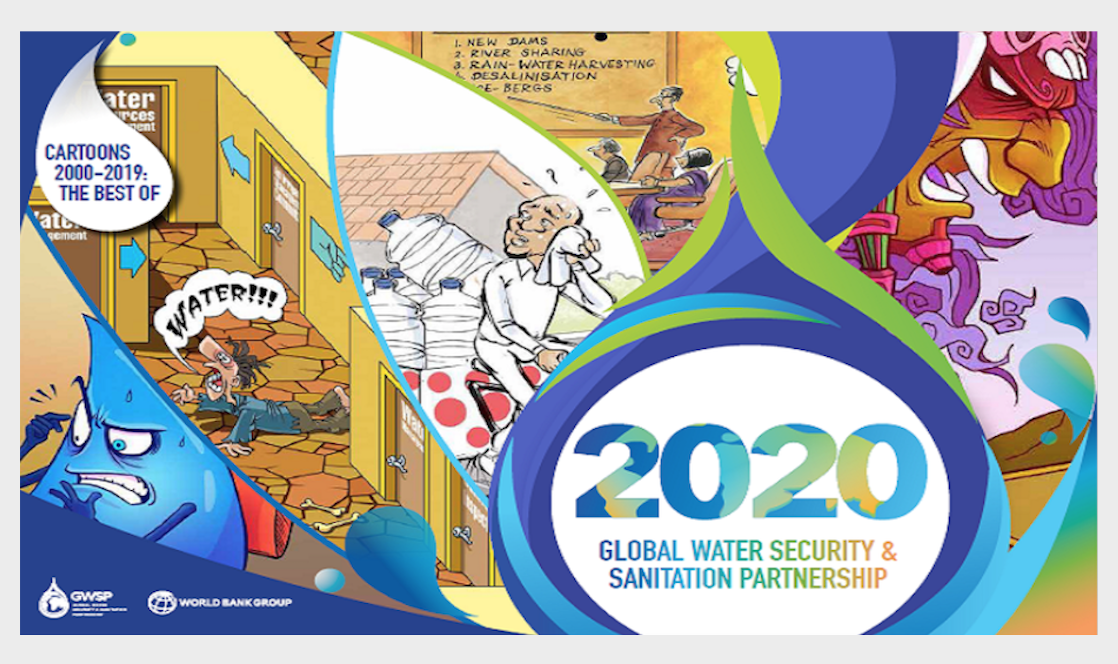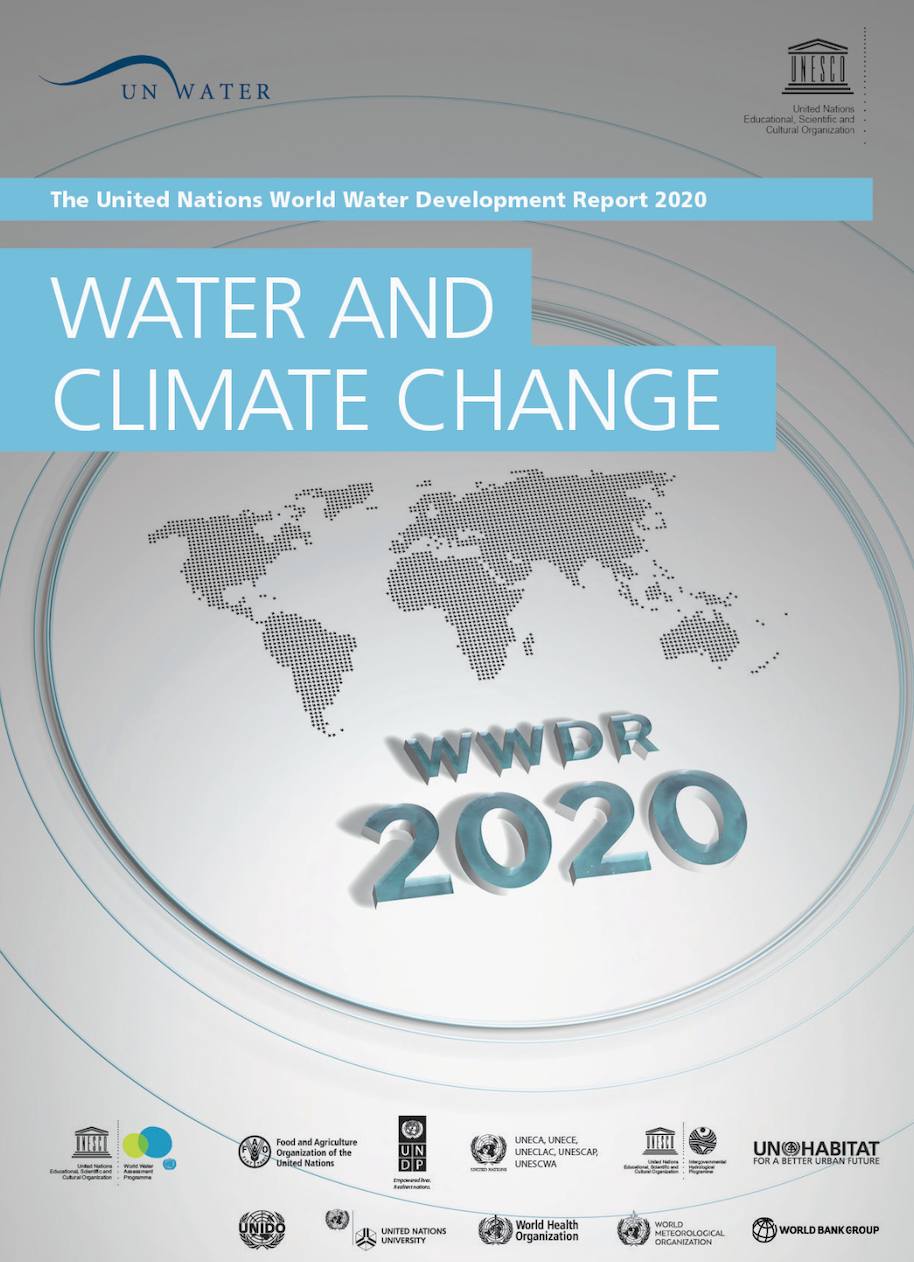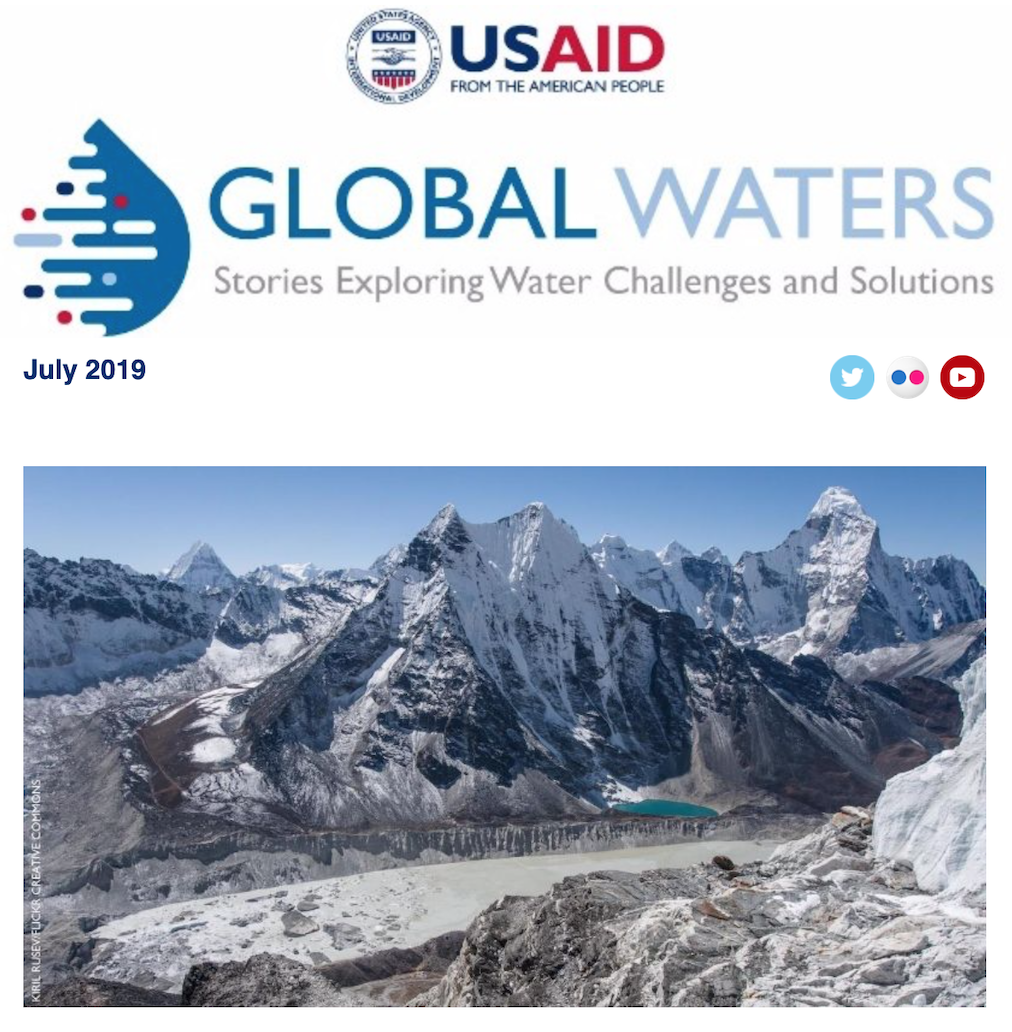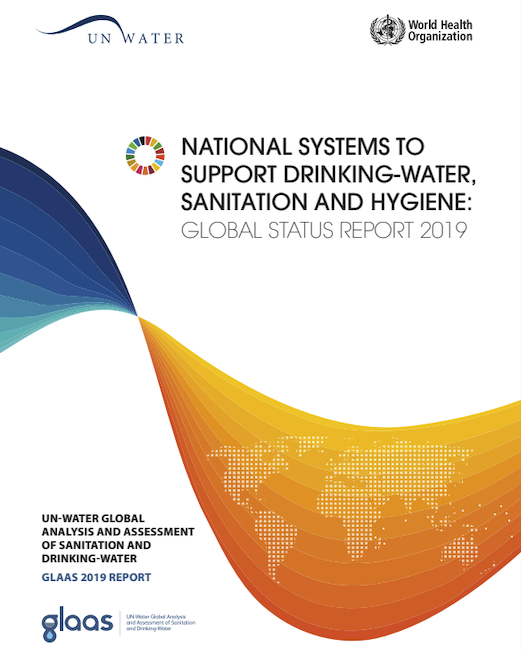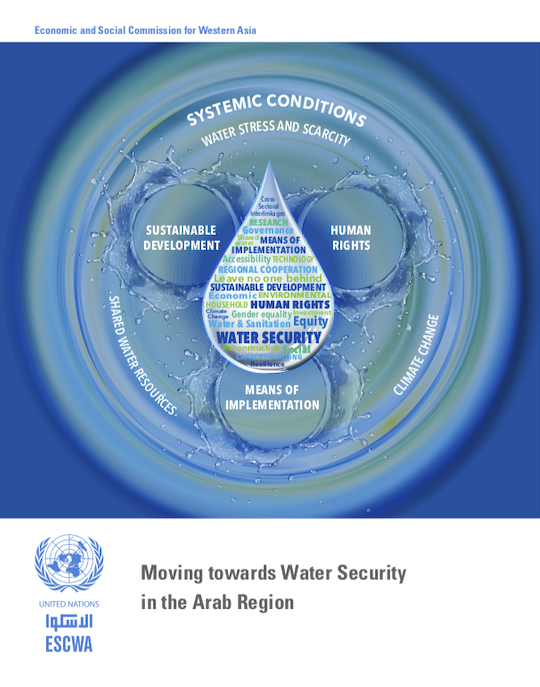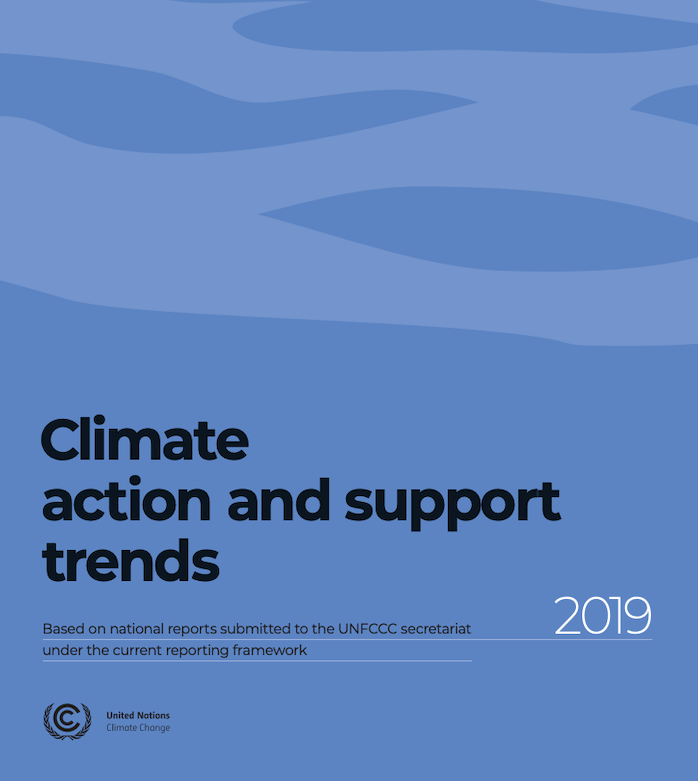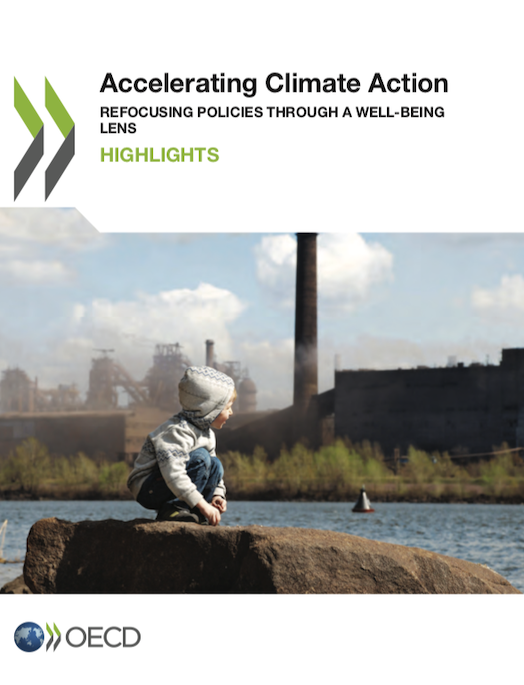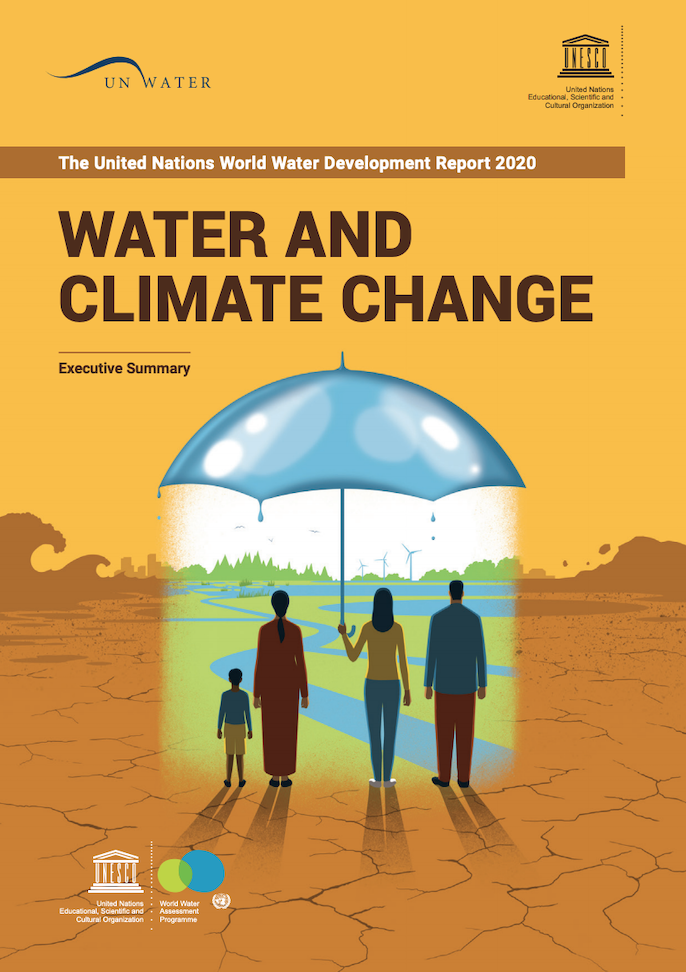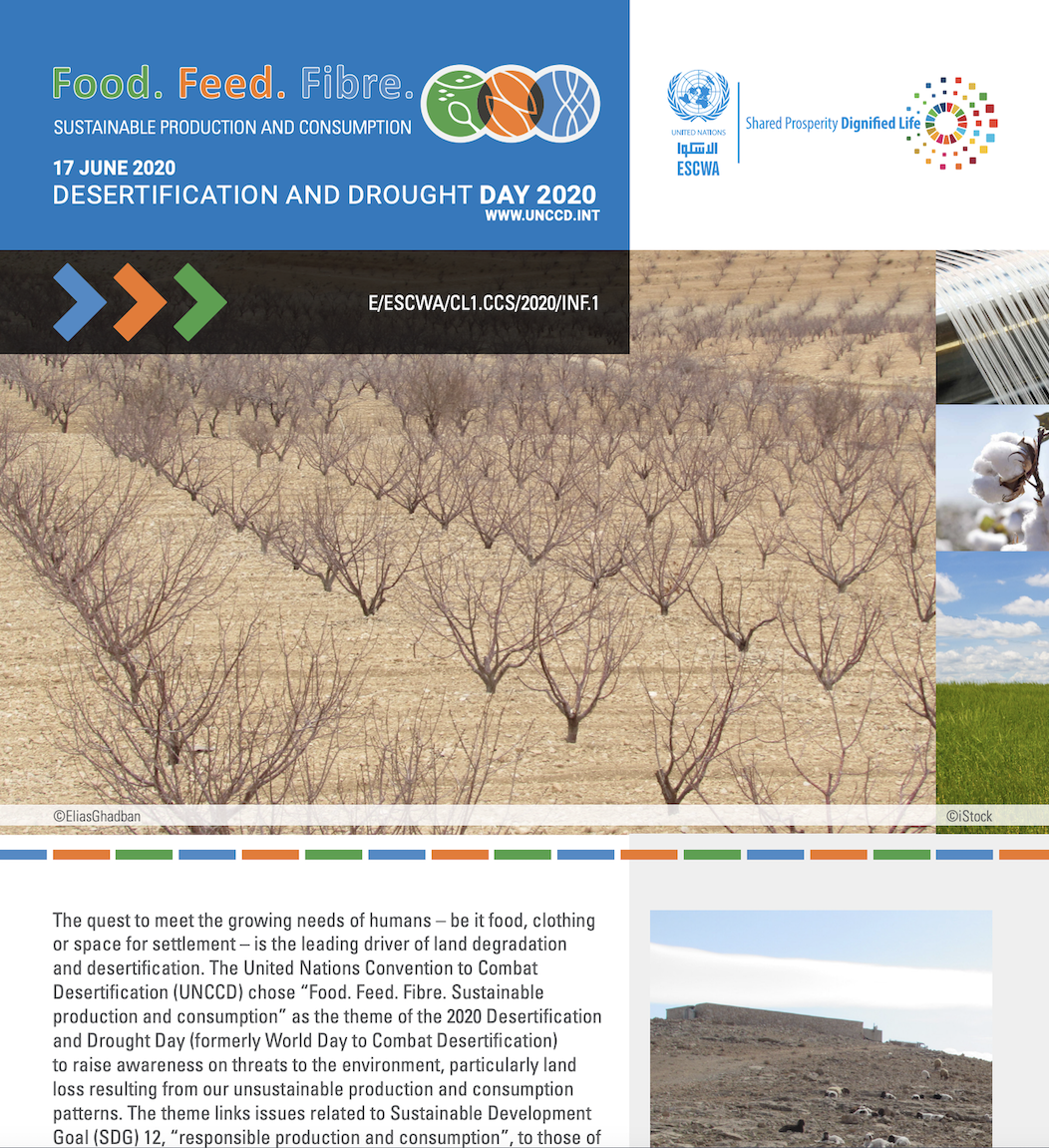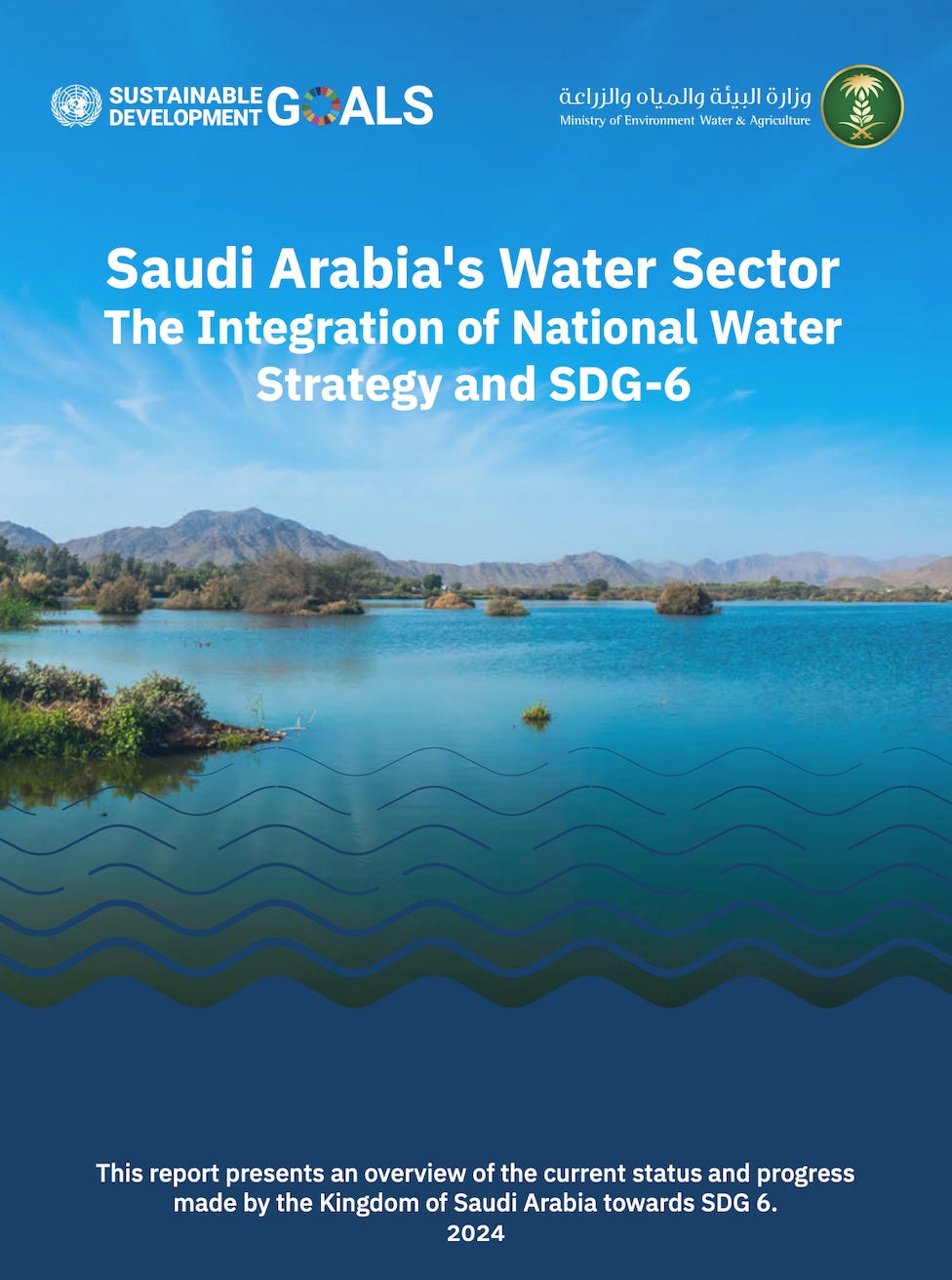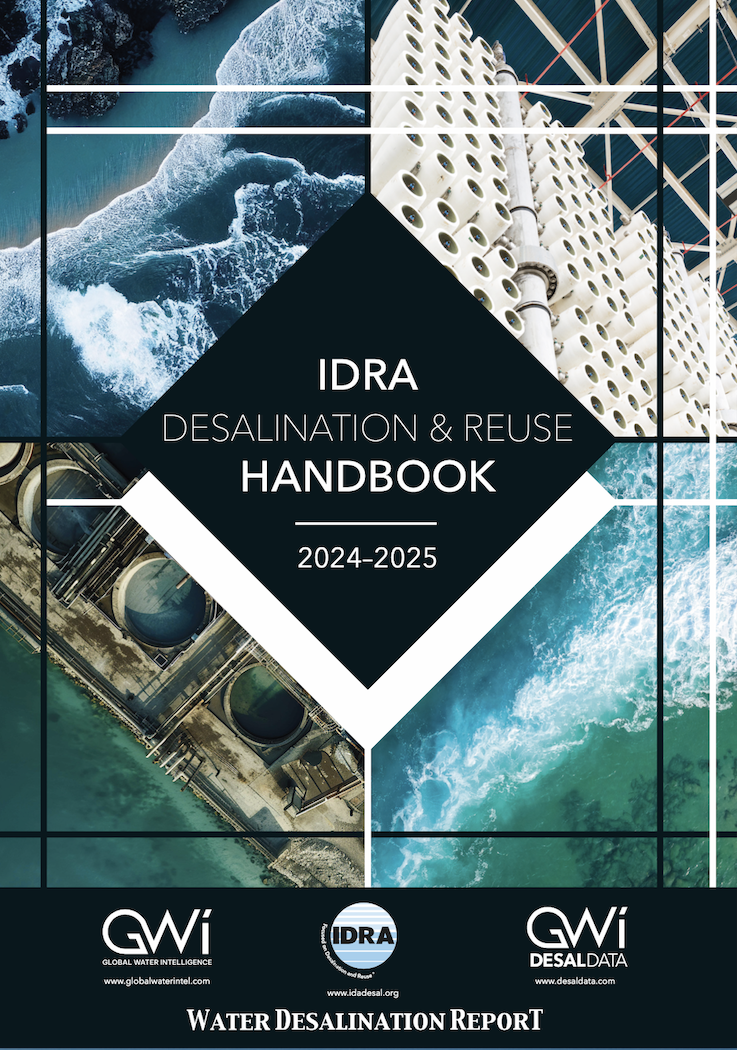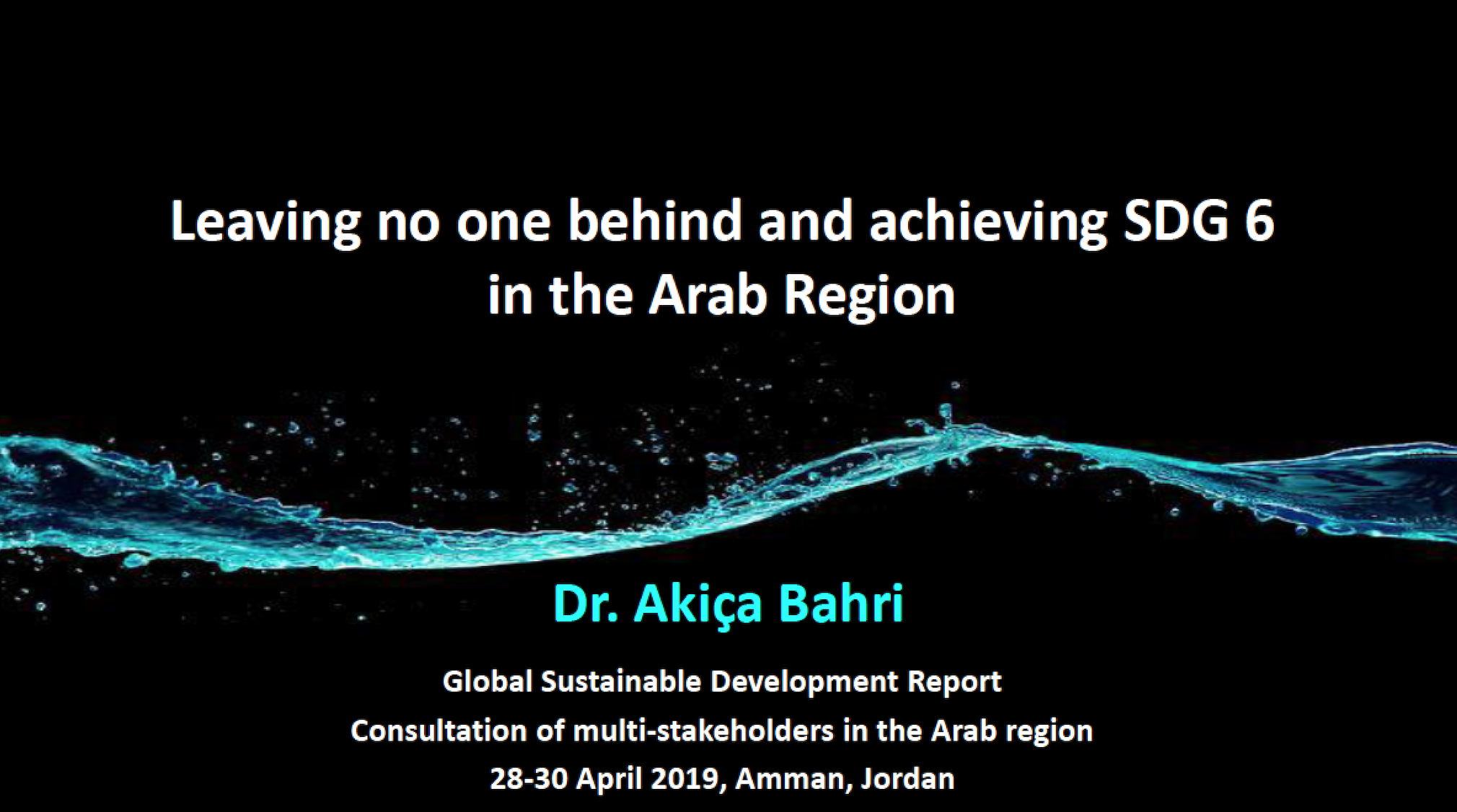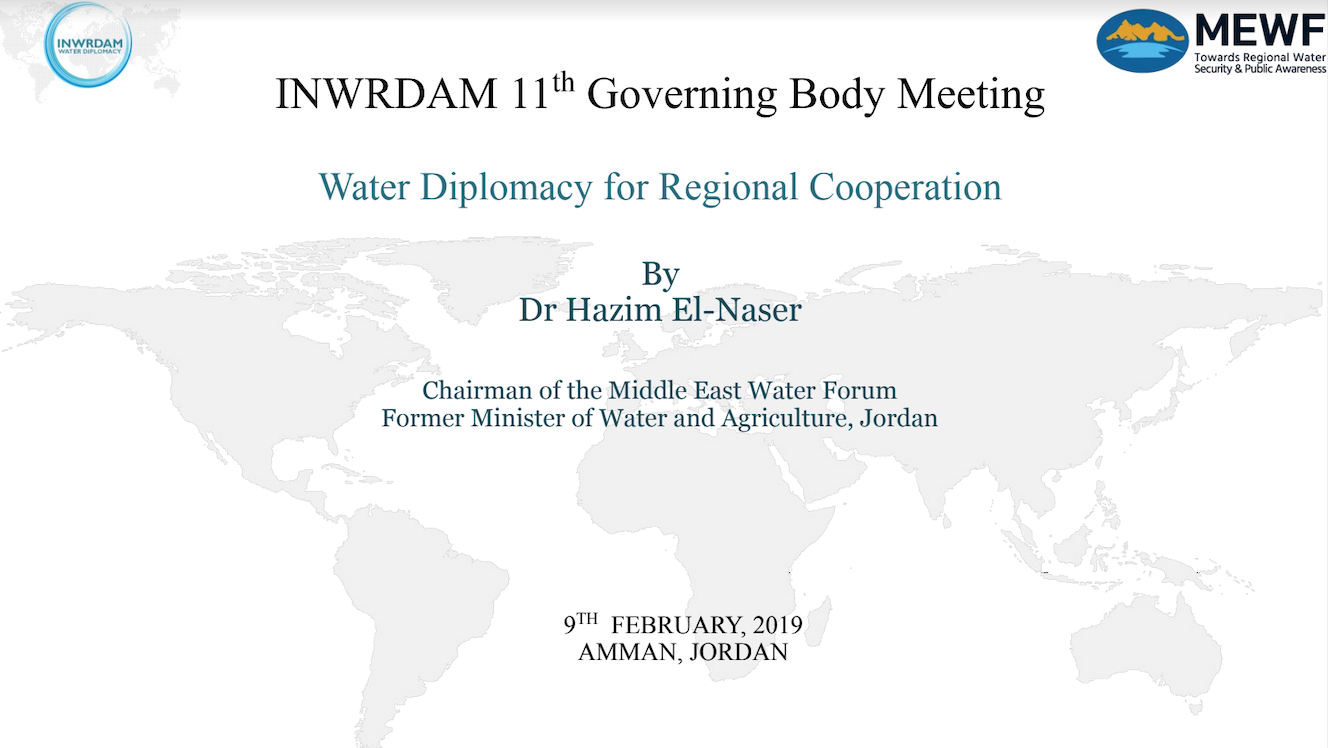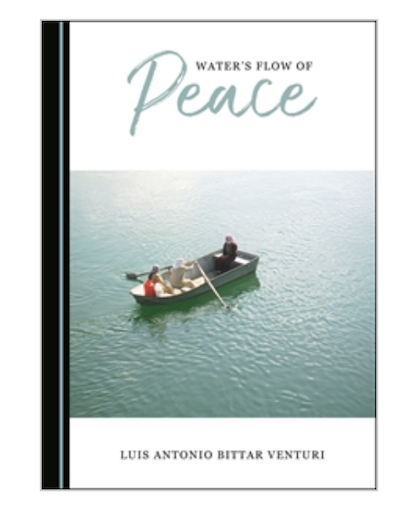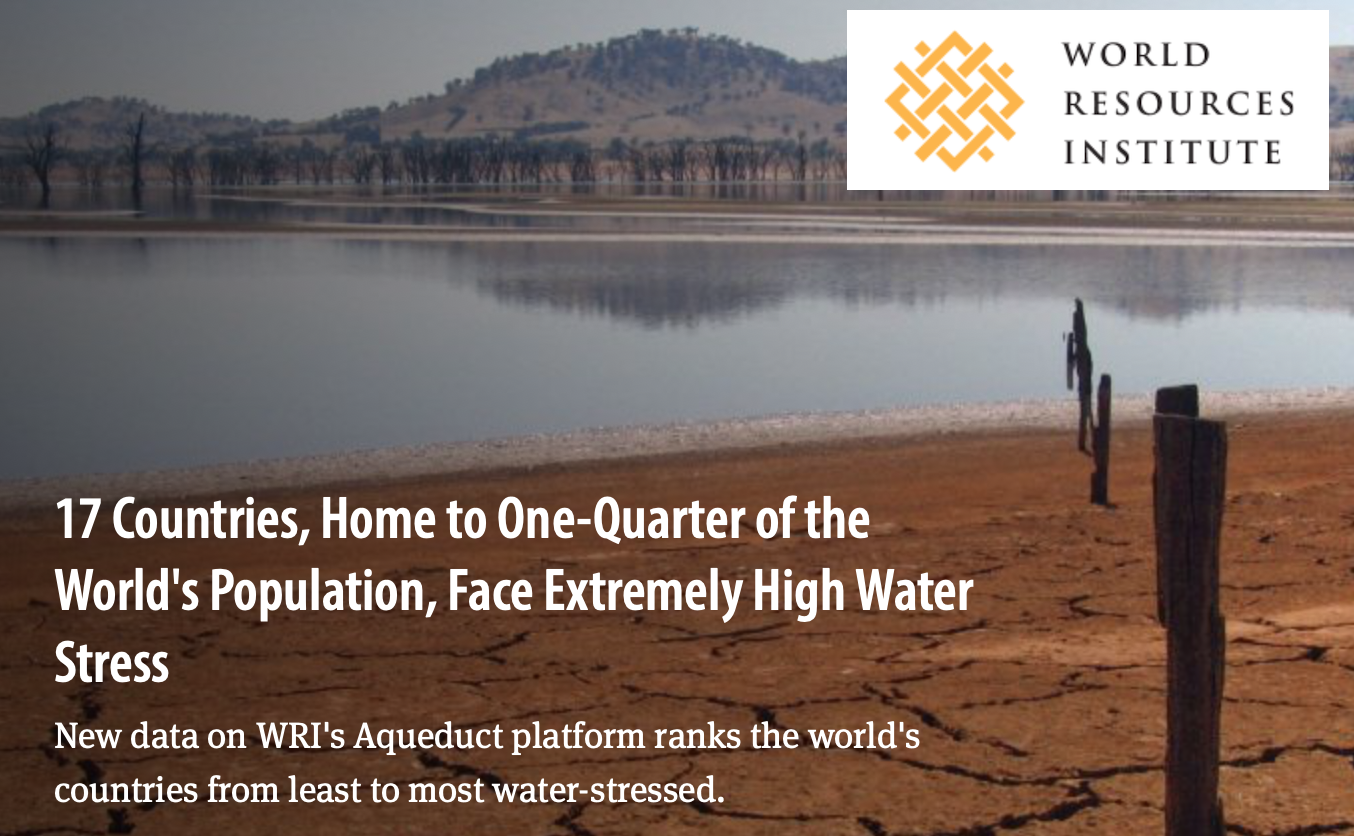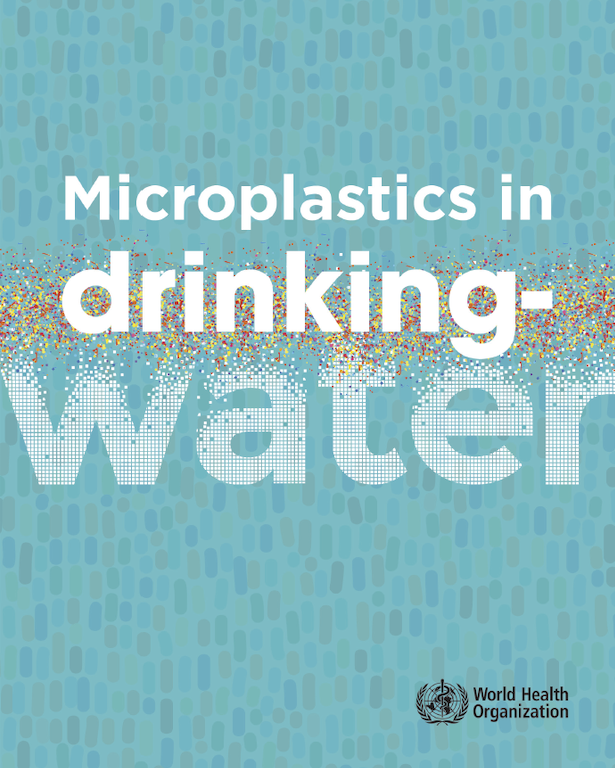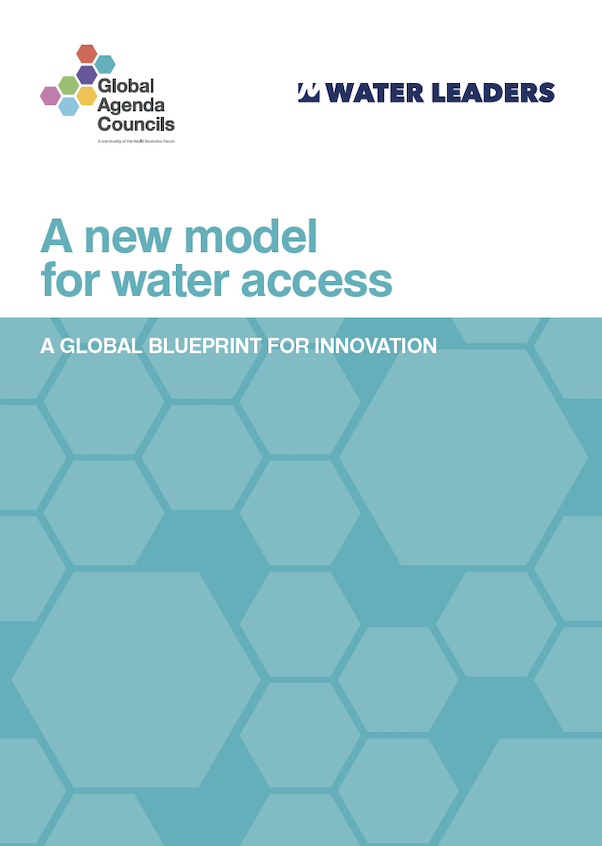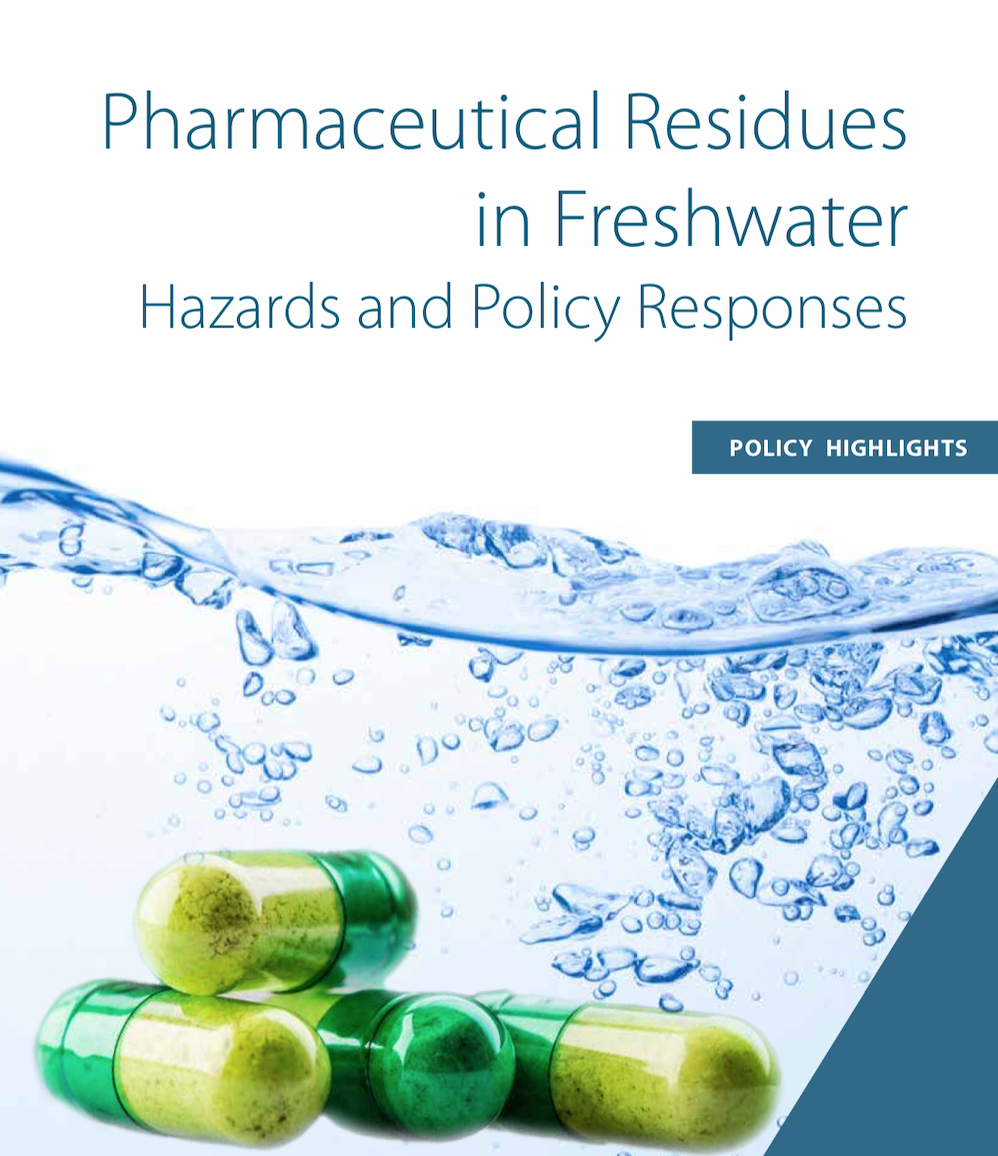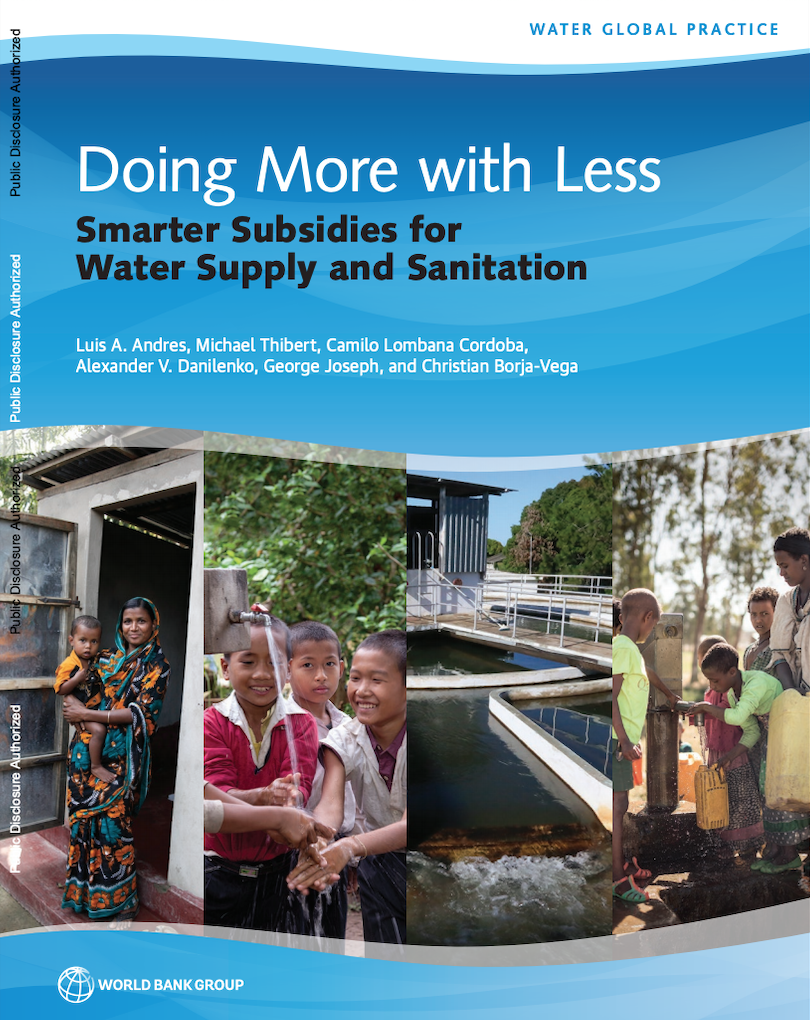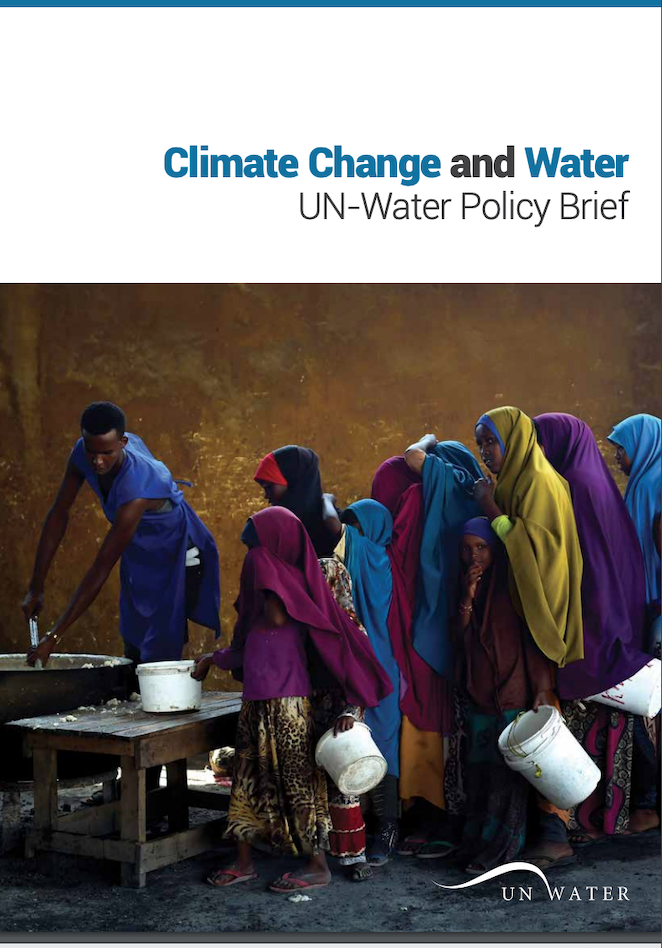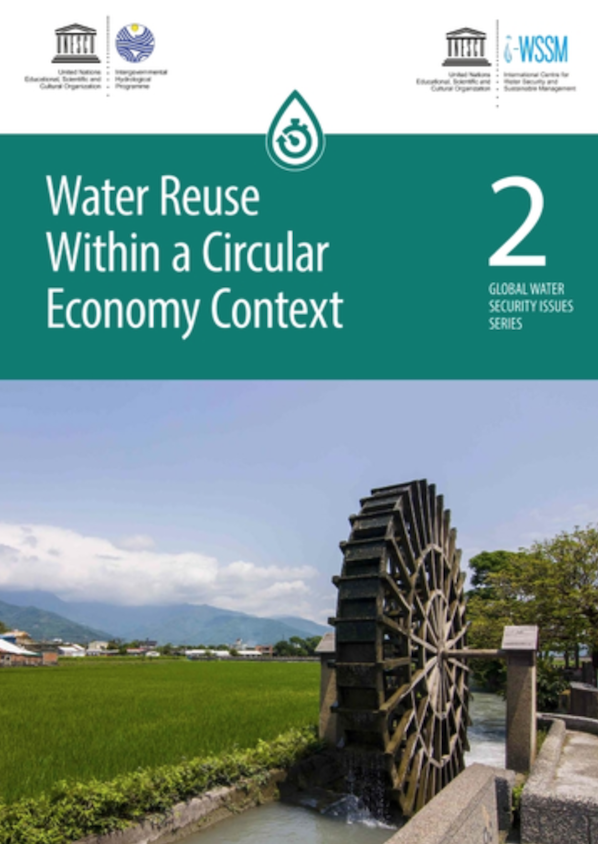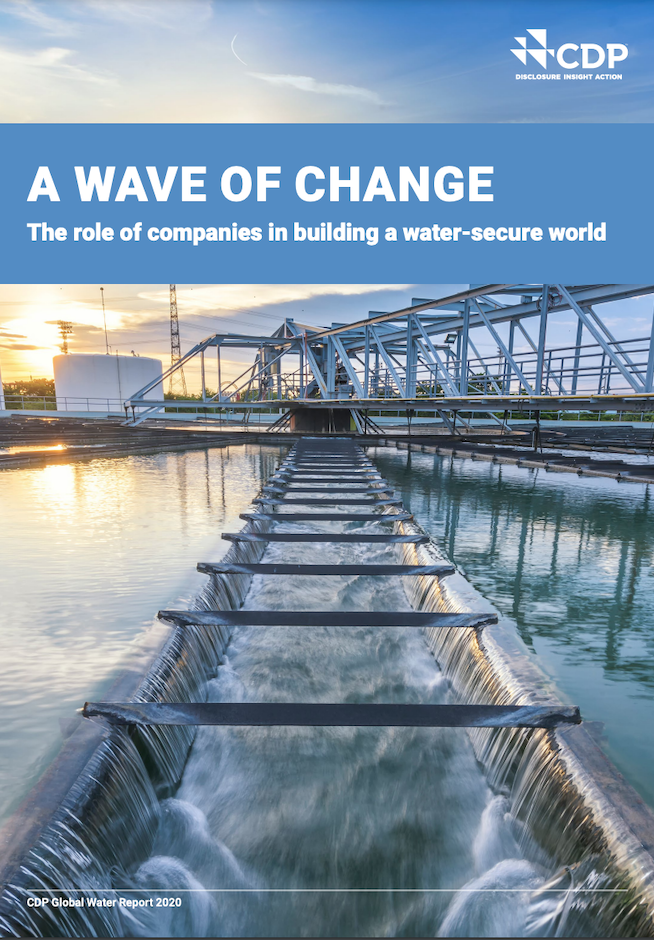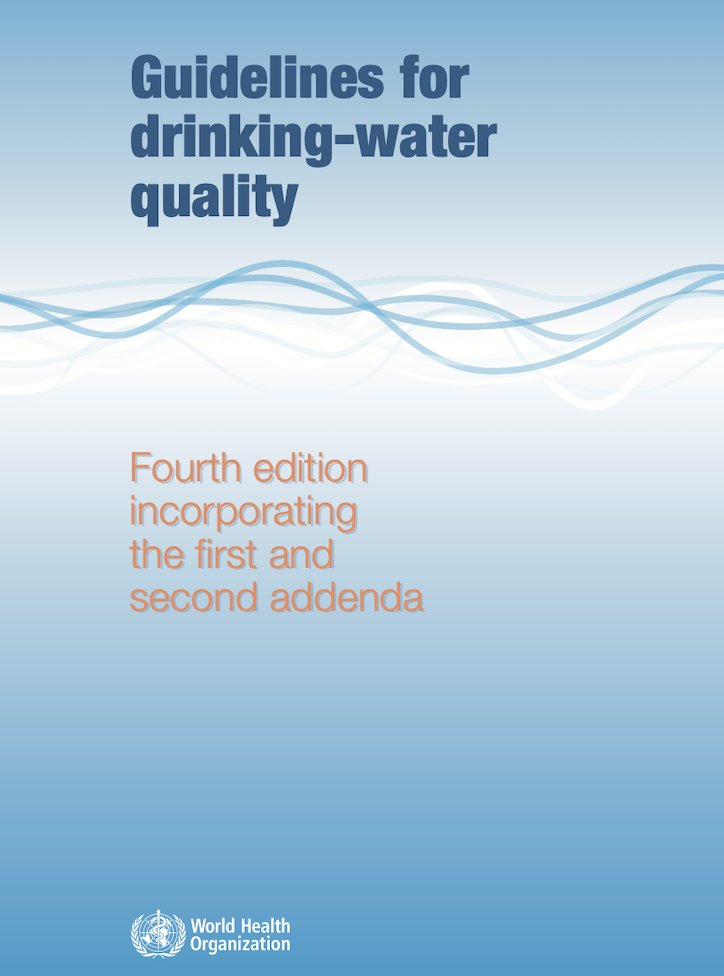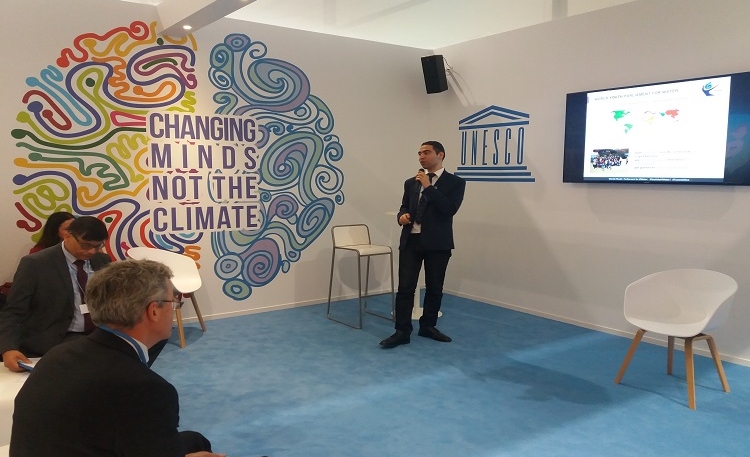
It is clear that the water sector in Arab region should invest in development of young professionals and emerging leaders, as well as put them at the forefront of design, development and implementation of current change processes. It is not a concern of the future, it is happening now!
Most Arab countries have been facing severe water insecurity including chronic water scarcity, lack of access to safe water and improved sanitation services, to hydrological extremes such as droughts and floods. Water insecurity is worsening due to population growth, unplanned urbanization, the influx of refugees as well as climate change. These factors will all continue to exacerbate stress on socio-economic development and result in greater pressure on water resources and the environment.
In the Arab region, more than half of most countries’ populations are under 30. Today, young water professionals are highly educated and aware of the challenges facing the water and the climate in the region and have the potential to make a considerable contribution to the sustainable development goals (SDGs) in the region, particularly to SDG 6 which calls for clean water and sanitation.
Taking youth seriously is not an option but an urgent priority for many Mediterranean countries to achieve water security in fragile contexts. Youth is the backbone of any society and the most dynamic & vibrant human resource that can take society on the path of sustainability and inclusive growth. Engaging this vast untapped potential and dynamic energy will lead to a paradigm shift in the water sector. Actively engaging youth in conserving the water resources and promoting economic and social development will be essential to drive societies towards sustainable development.
Today’s water sector in the Mediterranean faces the fundamental challenge of trying to do more with less – not an easy endeavour due to intermittent water supply, ageing infrastructure, lack of information systems, weak institutions and strained human and financial resources. Moreover, water security is more complex in fragile contexts, which intensify water resources vulnerability and weaken the social contract between institutions and local communities as a destabilizing force and risk multiplier.
The status quo is not enough Water is pivotal to reach our SDGs and the Paris agreement, but for that, we need to have a paradigm shift from an infrastructure delivery approach to planning resilient services and nature-based solutions. We need to change how we collaborate, how we draft our policies and implement them in a more holistic way, and find new financing mechanisms for achieving the water SDG.
Youth-led solutions for water Cutting-edge youth solutions in solving the multiple challenges of sustainable development have the potential to push the water sector to scaling up, in the face of economic, political and cultural obstacles. In terms of holistic solutions, the role of young water professionals can be summarized as follows:
- Diversified collaboration: It is important to build inclusive approaches and to ensure that no one is left behind, through creating platforms for intergenerational dialogue, communication and exchange to share knowledge, expertise, experiences and youth initiatives across the region to learn from one another. We want our voices to be heard and our opinion to be taken into consideration in the decision-making processes. A proactive, structured and continuous communication between young water professionals, different stakeholders and various communities will be key in building resilient societies and developed economies in the face of water challenges and climate change.
- Raising awareness and Capacity-building: It is crucial to raise awareness around water challenges among young people and to inspire them to get involved in strengthening the resilience of communities to water-related hazards. They will need the knowledge to understand the state of water resources and to stimulate behavioural change towards a new ‘water culture’.
- Innovation and Collaborative leadership: A sustainable water future for all depends on collaborative leadership. Leadership and innovative ideas can significantly contribute to resolving water challenges and providing holistic and innovative solutions to harness untapped resources such as non-revenue water, wastewater reuse and recovery with a new approach towards financing the water sector.
The Article has been published on https://www.cmimarseille.org/blog/mediterranean-young-and-powerful-water-heroes-leaving-their-mark-cop23
Middle East Water Forum invests in Young Water Professionals, by empowering them within the forum and the water sector. Young members will be able to build their career in this network, by connecting and contributing (work with peers regionally and internationally) to the water sector, and through this build their network, develop professionally, and gain profile.
 dr-hazim-el-naser-1
dr-hazim-el-naser-1

